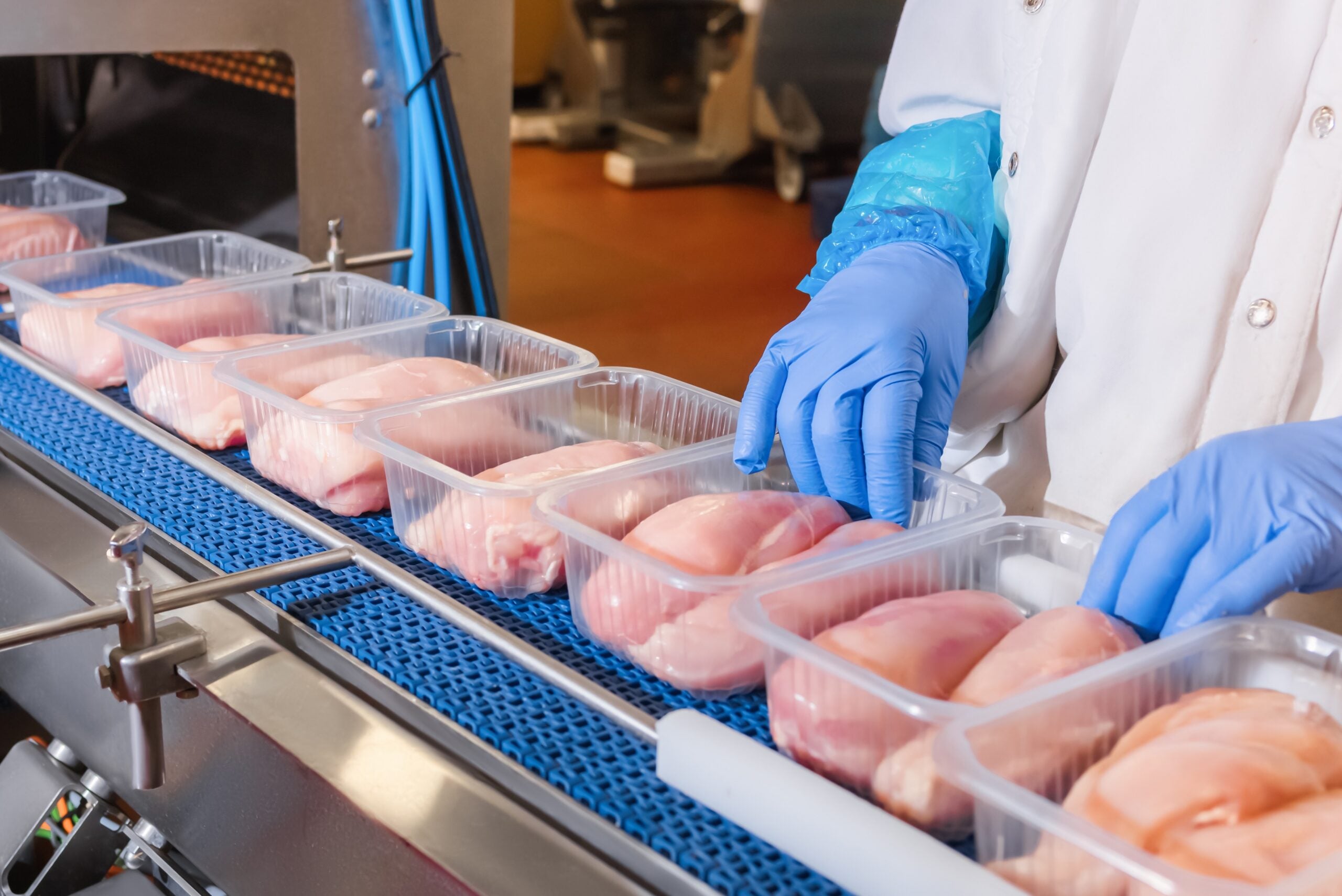
The production costs incurred by food and beverage manufacturers operating in the UK have fallen for the first time since 2016, a new report claims.
While manufacturers’ wage costs have increased more than twice as fast as average, commodity prices were 21% lower than a year ago, the report, published today (20 June) by UK banking group Lloyds, said.
Falling energy prices and cheaper shipping costs also contributed to the improved outlook for UK food and beverage operators.
The report is based on an analysis of S&P Purchasing Managers’ Index data, which tracks around 1,300 companies.
Lloyds said: “This outcome offers hope that UK food price inflation, which is at its highest for around four decades and damaging other sectors such as retail and consumer services, is nearing a turning point.”
Annabel Finlay, head of food, drink and leisure at the banking group, said: “The drop in production costs for food and drink manufacturers follows an extended period of increases across the sector, which have been among the sharpest of any sector monitored by the tracker.”
However, Finlay warned lower prices may not be seen by consumers in the short term.
“If costs continue to fall, whilst welcome, it will still take some time before we see the benefit in terms of shelf prices due to the long-term nature of contracts between the manufacturers and retailers,” she said.
Elsewhere today, market researchers Kantar said UK grocery inflation decreased for the third straight month.
Prices rose 16.5% in the four weeks to June 11 on a like-for-like basis, according to Kantar, down from 17.2% in May.
Fraser McKevitt, head of retail and consumer insight at Kantar, said: “This is the lowest rate of grocery price inflation we’ve seen in 2023, which will be a relief to shoppers and retailers.
“But prices rising at 16.5% isn’t something to celebrate and it’s still the sixth highest monthly figure in the past 15 years. Price rises are now being compared to the increasing rate of grocery inflation seen last summer, which means that it should continue to fall in the coming months, a welcome result for everyone.”
Kantar said prices rose fastest for products such as eggs, cooking sauces and frozen potatoes.
Official data for overall UK inflation in May will be published tomorrow.
